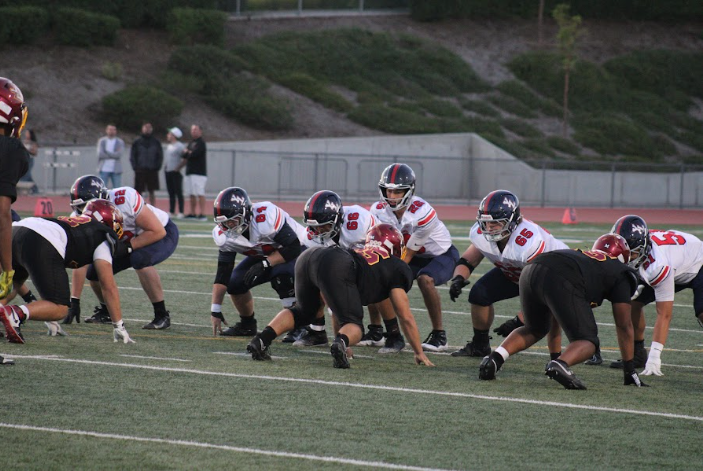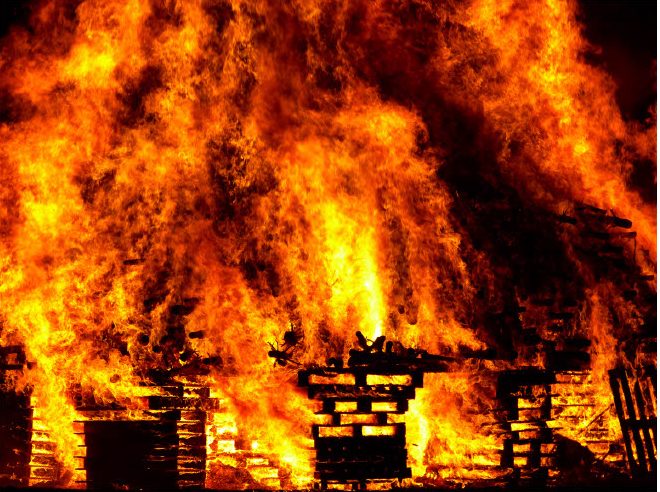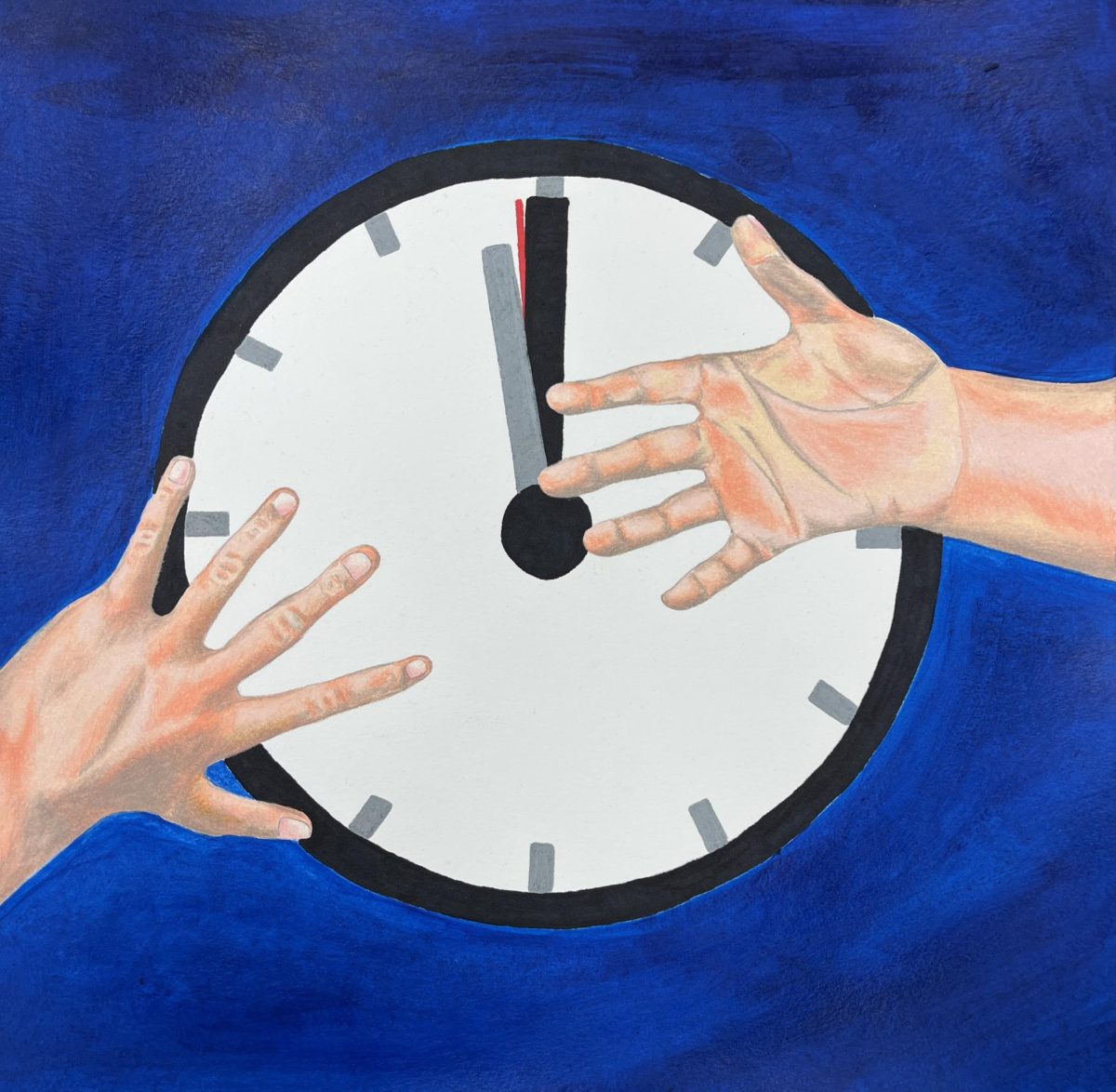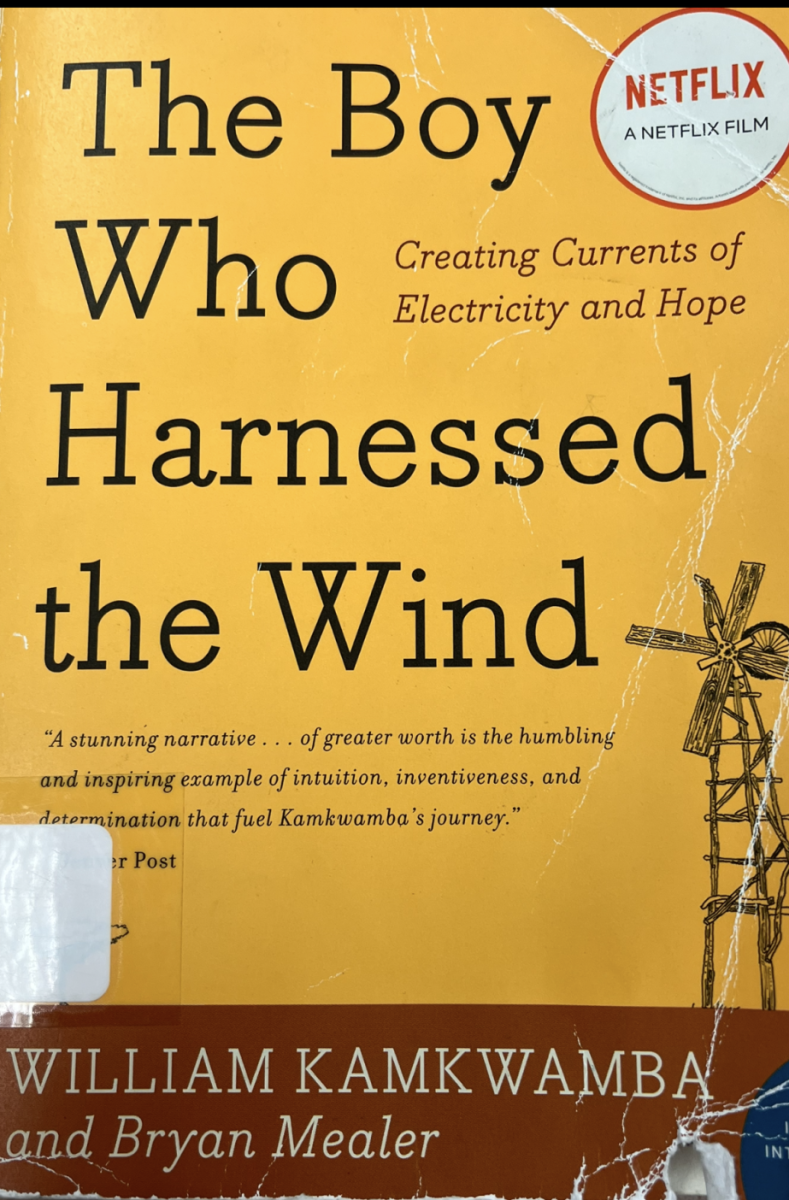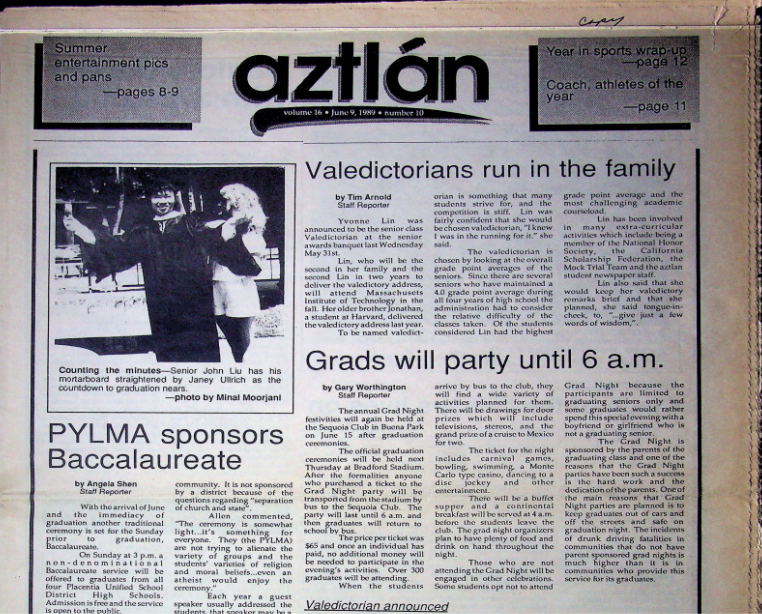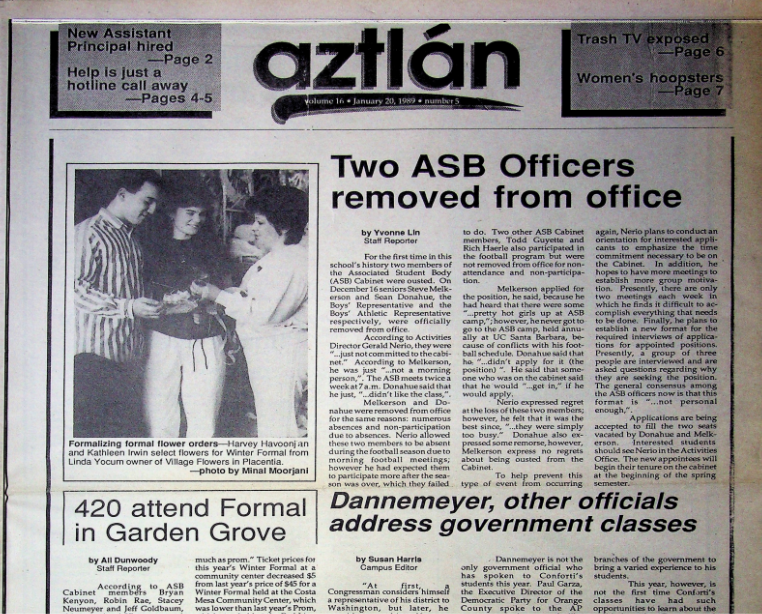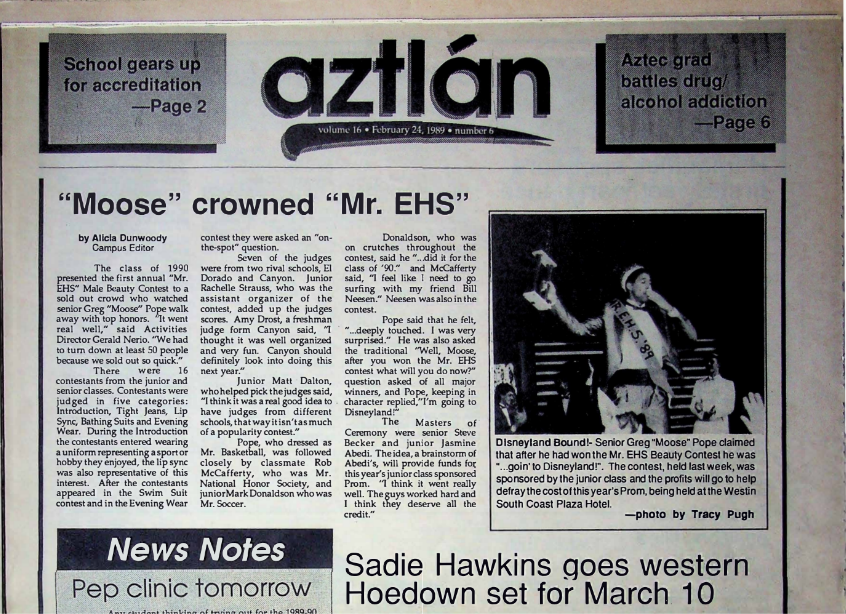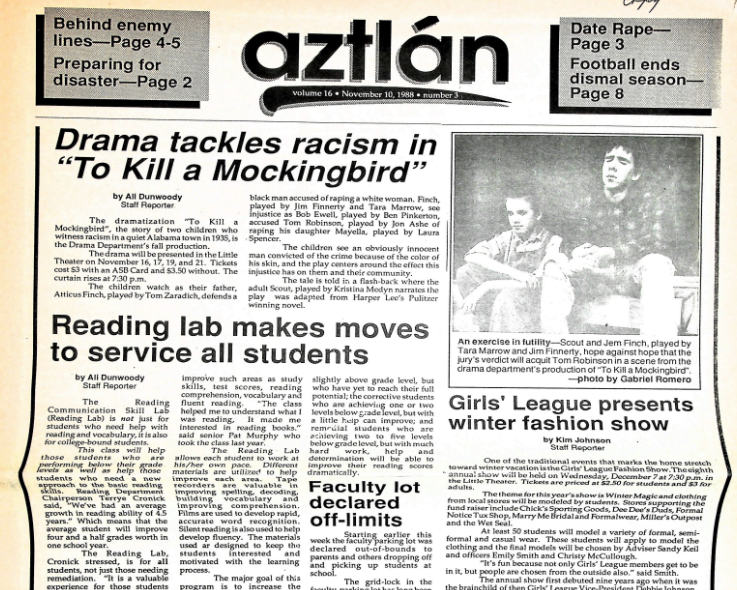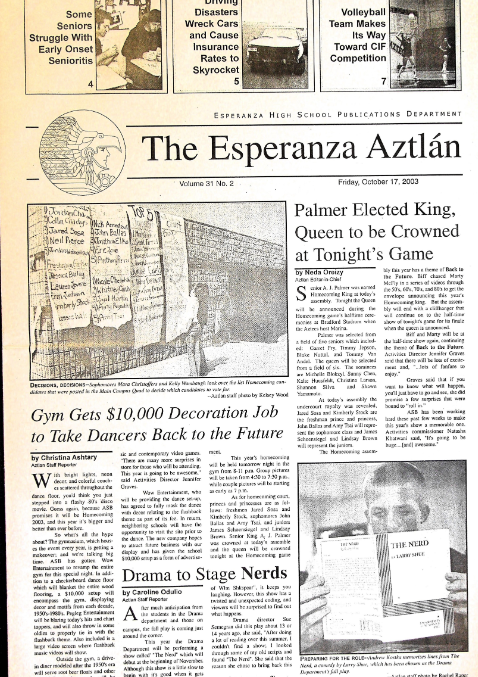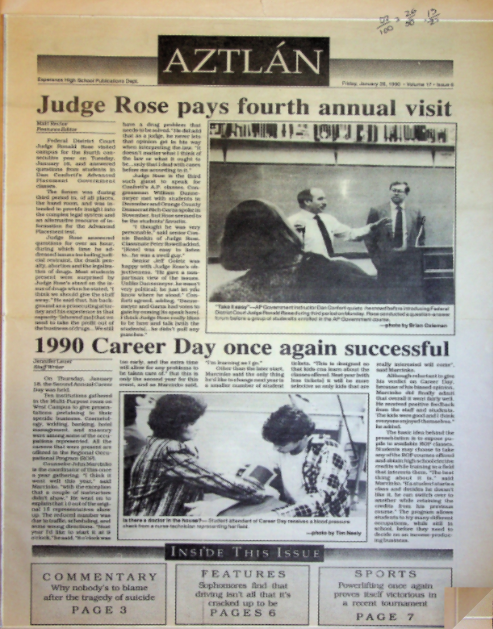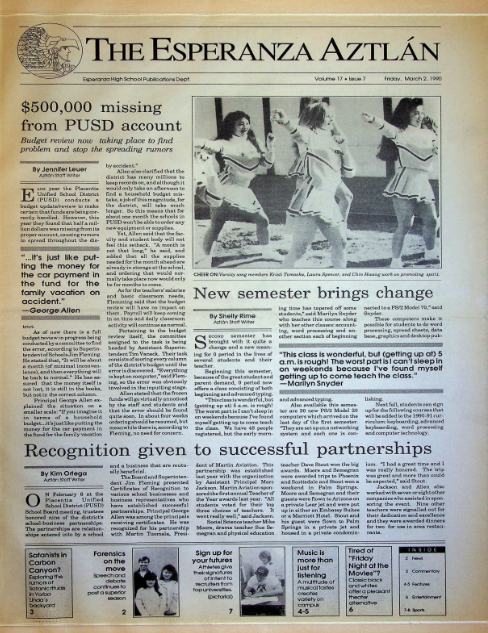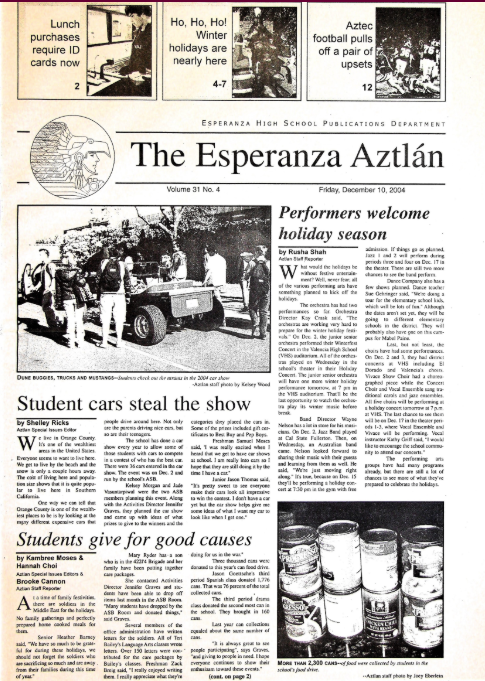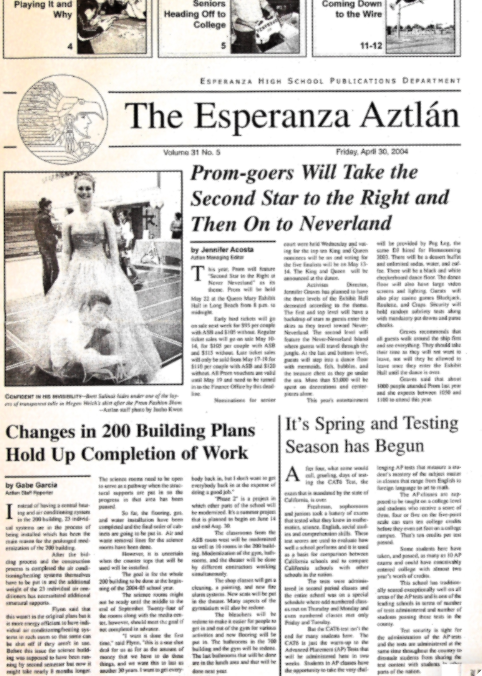“Black-ish” now blacker than ever
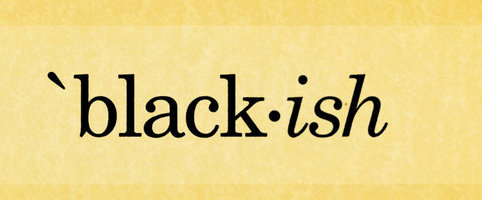
Image obtained through Google Commons.
Since its premiere in 2014, the ABC sitcom “Black-ish” has proven immensely popular. Featuring a treasure trove of stars such as Anthony Anderson and Laurence Fishburne (both of whom also executive produce), the show has ridden on thunderous acclaim since the season 2 premiere, earning 24 awards, 45 nominations and its own spin-off, set to air in 2018.
“Black-ish” centers around Andre “Dre” Johnson, a successful adman who revels in urban culture to comical yet profound extremes, much to the recurring annoyance of his wife and children. The show receives much of its popularity for its frequent address of racial struggles, as highlighted by the main family’s status as a black, upper-middle class household. Social and political issues, such as racial profiling, the Black Lives Matter movement, the 2016 presidential election and countless others, have also held the limelight.
It is for this reason that season 4 was the most heavily anticipated thus far. To put it bluntly, people wanted to see just how black the show could be this time.
Such a query was utterly obliterated by the premiere, which brought to the table the oldest racial struggle for black Americans since centuries before the country’s founding. Entitled “Juneteenth,” the premiere discusses the fate of the predominantly black holiday of the same name, which celebrates the date on which all American slaves were freed (June 19, 1865).
Though initially presented in normal “Black-ish” fashion (at executive meetings in front of Andre’s wildly racist and incompetent coworkers), this episode’s moral is anything but normal, eventually featuring three original(-ish) songs about slavery: “I’m Just a Slave,” performed by musical guest The Roots, explains the basics of slave history and is a direct parody of “I’m Just a Bill” from Schoolhouse Rock; “We Built This” and “Freedom,” performed by the “Black-ish” main cast and each slight nods to the hit musical Hamilton, discuss the hardships experienced by slaves at the price of the country’s economic prosperity and the lack of real citizenship they had even after being freed.
A key factor of this episode’s greatness is the loyalty it has to the show’s roots. Initially concerned with individual microaggressions and Dre’s wildly irrational responses to them, “Black-ish” grew more plot-based in subsequent seasons, dealing with more derivative sit-com things, playing on Dre’s interactions with his level-headed wife, his unhinged mother, and his bizarre children. To see this episode refer back to the show’s original formula is a nice reminder that Dre, though extreme in everything he does, always does things for a reason and often succeeds in teaching—or being—a lesson to his family, his coworkers, and even the audience.






